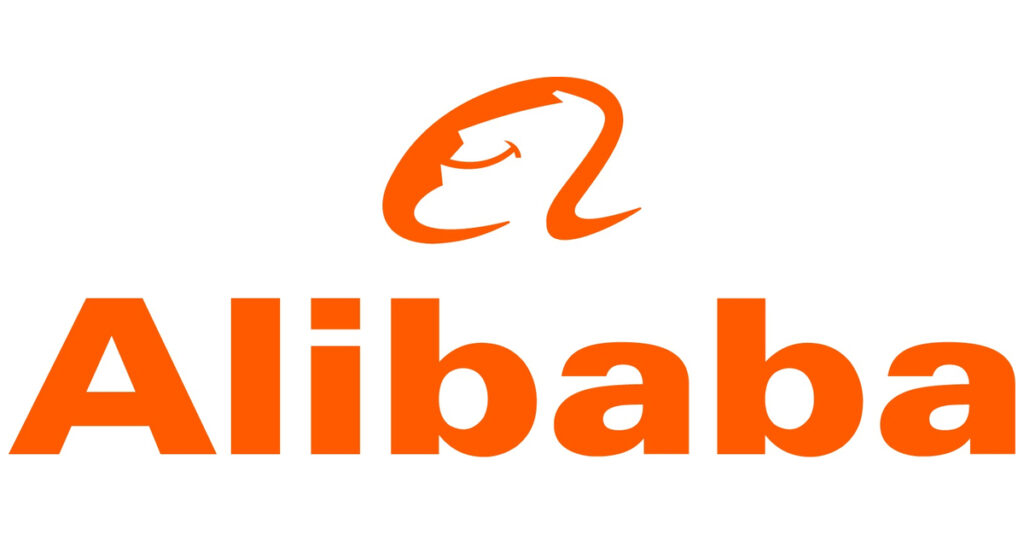At the end of the year 2022, Jack Ma, a Chinese Billionaire and one of the richest people in the country is believed to have left China and settled in Japan. This dramatic development has caught global attention as Ma’s move is believed to be the result of continuous crackdown on companies in China including Ma’s Alibaba group. Both Alibaba and Ant, another of Ma’s company have found themselves under regulatory pressure. China has also fined Alibaba with a whopping US$ 2.8 billion for ‘antitrust abuses’ in the past one year.
During the past four-five years, the Chinese Communist Party (CCP) has amplified the use of coercive tactics to fulfil its political and strategic goals. One of the powerful coercive techniques that China has utilised recently is pressurising the global companies to become an unofficial messenger of the Chinese political ideology. This trend has seen an escalation specifically from the 1990s in which China has forced companies to adhere to CCP’s political ideology. One significant example of this is the ‘One China’ principle wherein the companies who do business in China were expected to adhere to this principle.
In 2016, China had cracked down against those foreign companies which had touched the ‘sensitive’ issues such as the ‘One China’ policy and Tibet. These included global brands like Mercedes Benz, Apple, Zara, Lancôme, Gap, and Leica. CCP has targeted all the companies which had produced any kind of marketing materials that may hint towards pro-democracy messages. Given the fact that these companies have huge stakes in China, they either fell in line with the government’s agenda of removing “undesiring” messaging or underwent self-censorship. Companies like Nike, ESPN, Philadelphia 76ers, Blizzard entertainment, Apple, Google, etc. had to enact self-censorship. Two of the companies – Cathay Pacific and the NBA even faced threat directly from the Chinese government to face expulsion from the Chinese market if they did not change their brand messaging.
Nike was the first company to face the wrath of Chinese authorities. In June 2019, when the Hong Kong protests were at peak, Nike launched a sneaker for which Japanese designer, Jun Takahashi was hired. Takahashi was the supporter of the popular protests and hence the line on the sneakers that he designed had supported the protests. Under pressure from the CCP, Nike was forced to stop the sale of the sneakers immediately.
Cathay Pacific, a Hong Kong-based airline was another big name which had to face CCP’s crackdown. This was because reportedly many of the airline employees were involved in the Hong Kong protests. In retaliation, Chinese authorities issued public warning to Cathay Pacific and kept the demands of verification of its employees, punishing those who were involved and strengthening the internal control over the employees. Thereafter, several employees were fired immediately and even the Chief Executive Officer Rupert Hogg had to resign.
This trend spiked further in the summer and fall of 2019, as Hong Kong protests gained significant global attention. This caused increasing anti-China sentiment and substantial pressure from the international community on Beijing. Consequently, China shifted its attention to internationally renowned and powerful companies like Google, YouTube and Apple.
During the protests, Apple had launched an application on its App Store named ‘‘HK Map.Live’’ which showed the users locations of the ongoing protests, presence of security forces at the protest sites, and also the locations where they used tear gas against the protestors. Protestors used the app on a massive scale to avoid the riot police and tear gas. Naturally, Chinese authorities were riled and Apple was forced to remove the app from its App Store as well as faced several warnings of consequences.
Like Apple, Google had also launched a pro-democracy app on its Play Store named “The Revolution of our Times”. Google too was forced to remove the app and was warned strongly to not to appease the protesters in any way possible. YouTube also came under the radar of the CCP and was forced to delete all the comments on videos, news reports or documentaries that contained any two words which would point fingers at China.
Apparently, this intimidation game played by the Chinese government worked for Beijing. It has forced the companies to fall in line according to the CCP’s will. Beijing has achieved two-fold objectives by doing this. First, it was able to cut down all the popular support from the international brands or their products and second, it was also able to establish that the Chinese authority remains supreme even in the case of corporate matters and that the companies have to adhere to the will of the CCP in case they are expected to spread the pro-China narrative, propaganda and ideal values.
CCP has been persistent in employing coercive economic tricks for furthering Chinese ambitions. Think tanks and media houses in China have also been encouraging the authorities to further pursue this approach since it gives the flexibility to handle, escalate and de-escalate a particular situation according to its will. Clearly, China is expected to persist, given the success of its approach.
voicesagainstautocracy.org

